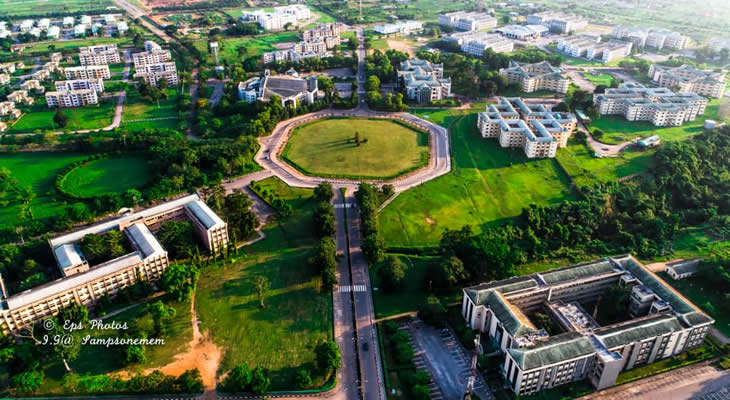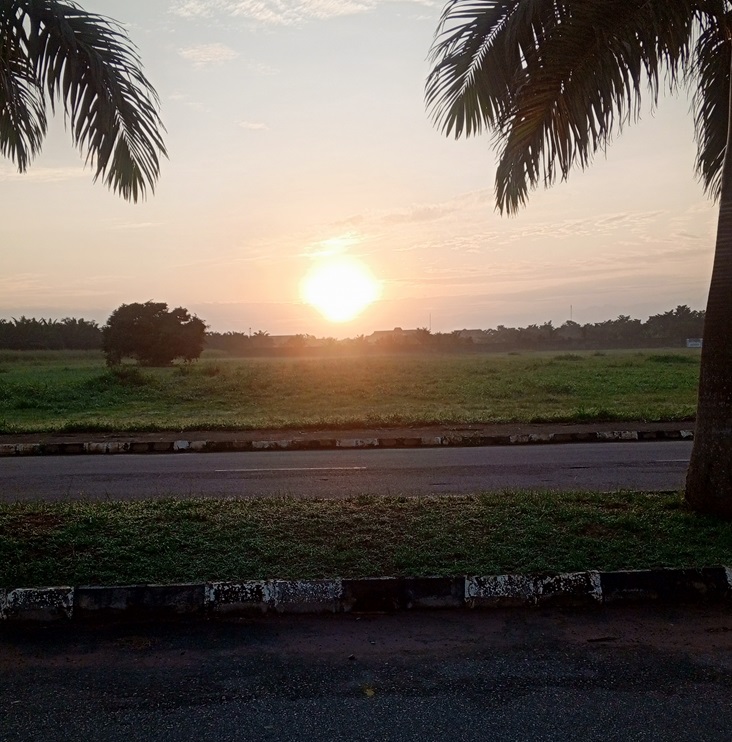Life on land
Life on Land
- 15.2. Covenant University’s Commitment to Ecosystem Conservation and Biodiversity
- 15.2.1. Habitat Restoration and Green Spaces
- 15.2.2. Biodiversity and Sustainable Conservation
- 15.2.3. Research Partnerships and Ecosystem Studies
- 15.2.4. Climate Change and Community Action
- 15.2.5. Conservation of Plant and Animal Species
- 15.2.6. Sustainable land use and Development Practices
- 15.2.7. Tourism and Campus Facilities
15.2 Covenant University's Commitment to Ecosystem Conservation and Biodiversity
Covenant University is committed to protecting and enriching ecosystems and biodiversity both on campus and in the surrounding areas. In line with Sustainable Development Goal 15 (Life on Land), our efforts are centered on safeguarding habitats for plants and animals, with special attention to those facing environmental challenges.
15.2.1 Habitat Restoration and Green Spaces
Covenant University actively preserves and expands green spaces across campus to foster local biodiversity. By strategically planting native and drought-resistant species, such as date palms, aloe vera, and elephant grass, we enhance and sustain plant diversity. Our landscaping methods are designed to conserve water while creating habitats for birds, pollinators, and other small wildlife, supporting the health and resilience of local ecosystems.

15.2.2 Biodiversity and Sustainable Conservation
At Covenant University we are dedicated to continually monitor the plant and animal species within our campus. Our Environmental and Sustainability team works closely with academic departments to conduct regular assessments of local biodiversity. Through identifying vulnerable species and tracking population health, we develop and implement targeted strategies to safeguard these essential elements of our ecosystem.
15.2.3 Research Partnerships and Ecosystem Studies
Covenant University partners with the government, local communities and international organizations to research and apply practices that protect at-risk ecosystems. RCE-OGUN, a research cluster in Covenant University has been advancing research and partnerships on issues like land degradation, flooding, drought, sustainable land use, reforestation and habitat restoration. Our efforts have provided valuable insights that support ecosystem conservation both on campus and in wider vulnerable areas.

15.2.4 Climate Change and Community Awareness
Covenant University partners with the government, local communities and international organizations to research and apply practices that protect at-risk ecosystems. RCE-OGUN, a research cluster in Covenant University has been advancing research and partnerships on issues like land degradation, flooding, drought, sustainable land use, reforestation and habitat restoration. Our efforts have provided valuable insights that support ecosystem conservation both on campus and in wider vulnerable areas.
15.2.5 Conservation of Plant and Animal Species
Covenant University partners with the government, local communities and international organizations to research and apply practices that protect at-risk ecosystems. RCE-OGUN, a research cluster in Covenant University has been advancing research and partnerships on issues like land degradation, flooding, drought, sustainable land use, reforestation and habitat restoration. Our efforts have provided valuable insights that support ecosystem conservation both on campus and in wider vulnerable areas.
15.2.6 Sustainable Land Use and Development
Covenant University partners with the government, local communities and international organizations to research and apply practices that protect at-risk ecosystems. RCE-OGUN, a research cluster in Covenant University has been advancing research and partnerships on issues like land degradation, flooding, drought, sustainable land use, reforestation and habitat restoration. Our efforts have provided valuable insights that support ecosystem conservation both on campus and in wider vulnerable areas.
15.2.7 Tourism and Campus Facilities
Covenant University partners with the government, local communities and international organizations to research and apply practices that protect at-risk ecosystems. RCE-OGUN, a research cluster in Covenant University has been advancing research and partnerships on issues like land degradation, flooding, drought, sustainable land use, reforestation and habitat restoration. Our efforts have provided valuable insights that support ecosystem conservation both on campus and in wider vulnerable areas.
